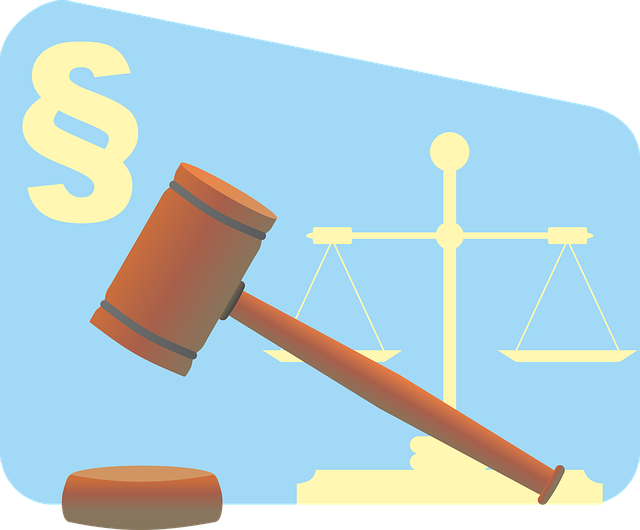Uncovering financial fraud requires intricate investigation strategies, including advanced analytics and legal understanding. Settling property disputes through litigation offers structured avenues for resolving ownership issues, with court systems ensuring fairness and potential setting of legal precedents. Legal professionals gain insights from past successes to refine evidence presentation and argumentation techniques, enhancing outcomes in high-stakes white collar and economic crimes cases.
“In the intricate landscape of finance crime probes, uncovering financial fraud requires meticulous strategies. This article delves into crucial aspects of investigating and resolving property disputes through litigation. We explore ‘Uncovering Financial Fraud: Investigation Strategies’ to unravel complex web of deceit. Additionally, we dissect the legal framework governing dispute resolution, offering insightful case studies that highlight key lessons learned in ‘Litigating Property Cases’. For a comprehensive guide on settling property disputes, read on.”
- Uncovering Financial Fraud: Investigation Strategies
- The Legal Framework for Property Dispute Resolution
- Litigating Property Cases: Case Studies and Lessons Learned
Uncovering Financial Fraud: Investigation Strategies
Uncovering financial fraud requires meticulous investigation strategies. It often involves tracing complex financial transactions and identifying patterns that point to suspicious activities. Probes into financial crimes, such as embezzlement or money laundering, demand a deep understanding of both legal frameworks and financial systems. Investigators must be adept at navigating regulatory requirements and using advanced analytics tools to uncover misdeeds hidden beneath layers of paperwork or digital obfuscation.
Effective strategies include gathering and analyzing financial records, interviewing key personnel, and leveraging technology like data analytics and forensics. Building a robust case that can lead to winning challenging defense verdicts requires a thorough examination of the respective business’s operations and transactions across the country. Settling property disputes through litigation plays a crucial role in this process, as it helps unravel ownership issues that may be intertwined with financial crimes.
The Legal Framework for Property Dispute Resolution
The legal landscape for resolving property disputes is well-defined, offering a structured approach to settling differences over real estate or personal assets. When parties cannot agree on terms, settling property disputes through litigation becomes a viable option. This process involves a thorough examination of relevant laws and regulations, ensuring fairness and justice for all involved. The court system provides a platform where winning challenging defense verdicts can be achieved, protecting the rights of both corporate and individual clients.
Litigation offers various avenues, including mediation, arbitration, and jury trials, allowing disputing parties to present their cases before an impartial judge or jury. Each method has its advantages, catering to different needs and preferences. In some instances, a more expedited and cost-effective resolution can be achieved through alternative dispute resolution methods, while complex matters may demand the full rigor of a trial, ultimately leading to binding outcomes that can shape future legal precedents.
Litigating Property Cases: Case Studies and Lessons Learned
In the realm of finance crime probes, litigating property cases involves intricate processes and complex scenarios, especially when dealing with high-stakes disputes. These cases often serve as case studies, offering valuable lessons on navigating white collar and economic crimes. Through careful analysis of past litigation strategies, legal professionals can enhance their approach to resolving similar property disputes. For instance, examining successful outcomes in jury trials reveals effective techniques for presenting compelling evidence and persuasive arguments, which are pivotal in securing favorable judgments.
Settling property disputes through litigation demands a deep understanding of the legal framework and the ability to adapt strategies based on unique case circumstances. The lessons learned from these cases not only guide lawyers but also contribute to refining legal practices, ensuring better outcomes for all parties involved, particularly in high-stakes scenarios that often accompany white collar and economic crimes investigations.
In conclusion, this article has explored various facets of financial crime probes, including investigation strategies for uncovering fraud, the legal framework for settling property disputes through litigation, and valuable insights from real-world case studies. By understanding these key components, professionals can navigate complex property cases more effectively, ensuring fair resolutions while safeguarding against fraudulent activities. This comprehensive approach is essential in today’s digital era, where financial crime continues to evolve, requiring robust strategies for detection and prevention.






